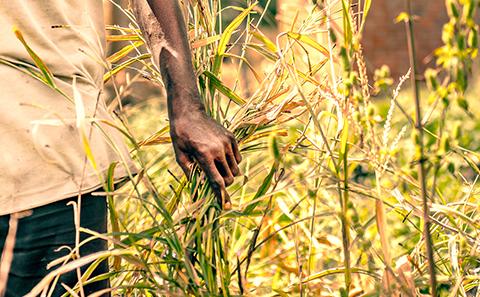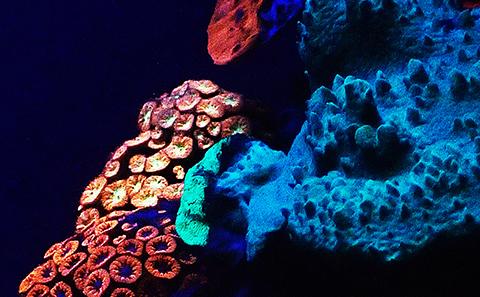New detection software to fight illegal trafficking of wildlife
University of Southampton researchers have developed special software to recognise potential illegal sales of wildlife and animal parts.
Using artificial intelligence, the software extracts data such as payment details, wildlife species and locations, from hundreds of forums and marketplaces, and alerts authorities of suspicious activity. It can also recognise recurring names and key words that gangs who operate illegal sales and transports of wildlife, are known to use.
The software has been created as part of the FloraGuard project, led by Dr Anita Lavorgna, Associate Professor in Criminology alongside Dr Stuart Middleton, Lecturer in Computer Science at the University of Southampton. The researchers aim to identify solutions for preventing the illegal trade in animals and plants.
The information collected by the software is then converted into charts, diagrams and pictures which can be used in investigations or to trigger new ones.
Over the last 60 years, commerce in exotic wild plants has increased in western countries. Tragically, however, the profitability of the market has also boosted illegal trade which threatens and destroys numerous species and important natural resources.
The new software tool could help law enforcement teams worldwide bring criminals to justice and combat a market worth billions. The team will also produce guidelines for policymakers and law enforcement on best practice such as training.
“The internet has certainly fuelled the illegal wildlife trade, including in rare plants, and in endangered animals and their body parts, such as pangolin scales and ivory. Sadly, policing of it is scarce, under resourced and training is limited,” says Anita.
Not only does wildlife trafficking have a devastating impact on animal and plant species but it is also a crime with far-reaching implications for economies and national and global security, as profits are also used to finance other forms of trafficking. This tool will help combat this illegal industry and bring criminals to justice.
FloraGuard is funded by the Economic and Social Research Council (ESRC) and combines innovative and cross-disciplinary ways of analysing online marketplaces for the illegal trade of endangered plants with analyses of existing policing practices to assist law enforcement in the detection and investigation of illegal trades of endangered plants.
The project focuses on the UK, which serves as a major transit and destination market for the European region as plants are traded for a range of uses, from their perceived value in traditional medicine to their inclusion in gourmet dining as well as their aesthetic value. The Royal Botanic Gardens at Kew and the UK Border Force are partners in the research.
Related Staff Member

Securing food for the future
Safeguarding food sources for future generations

Conserving coral reefs
Saving the ocean’s coral reefs and the communities that treasure

Health impact of air pollution
Influencing government policy on air pollution.
